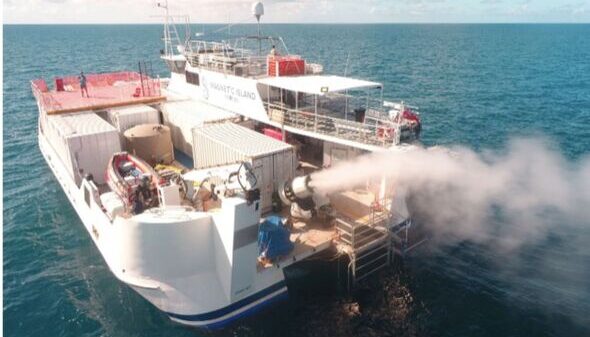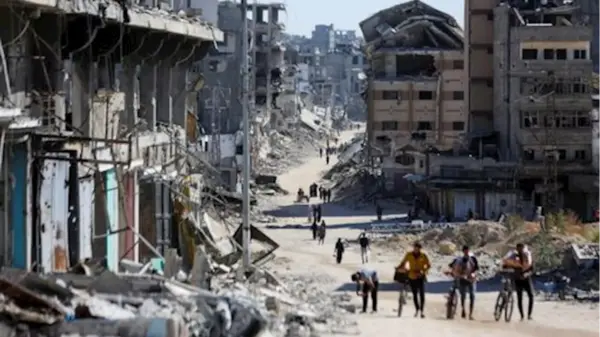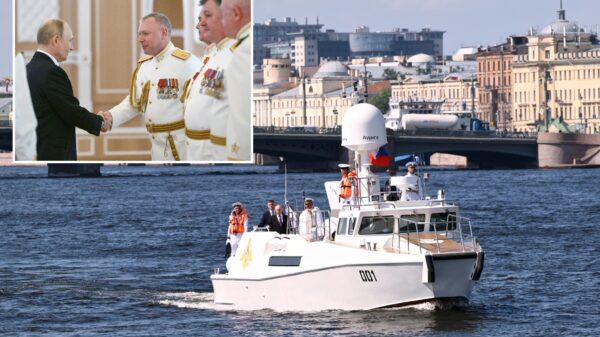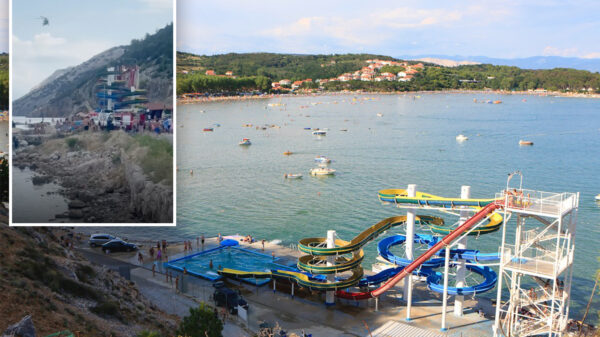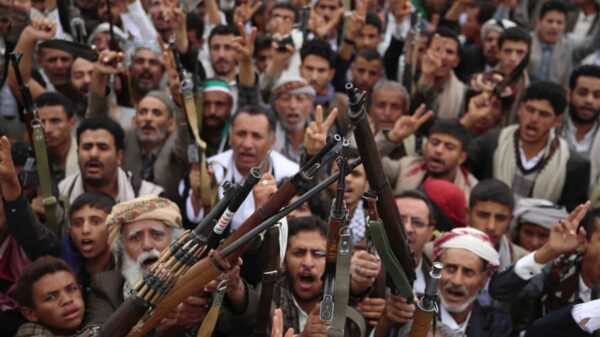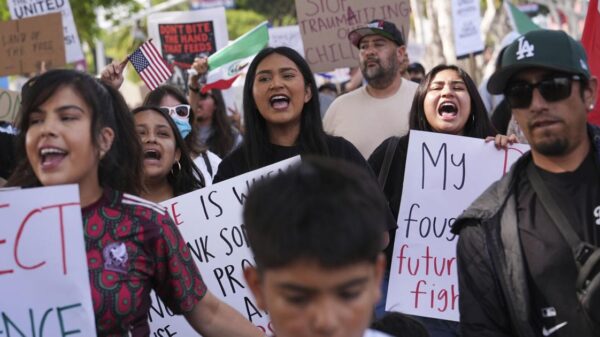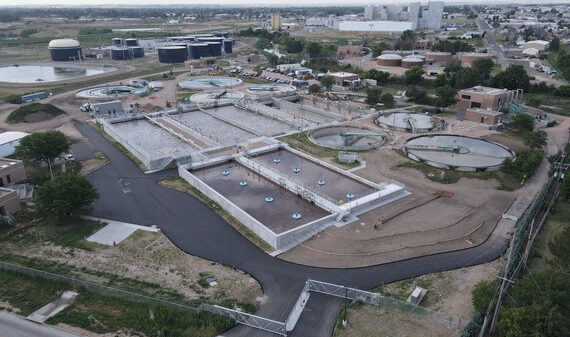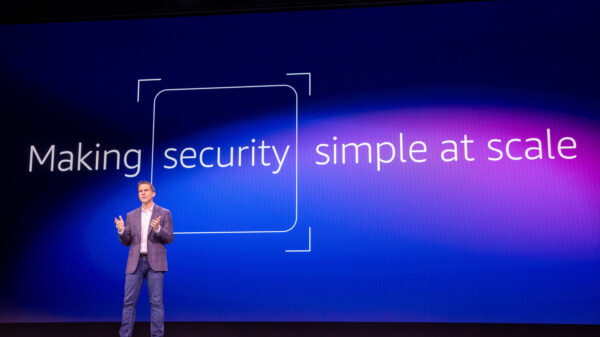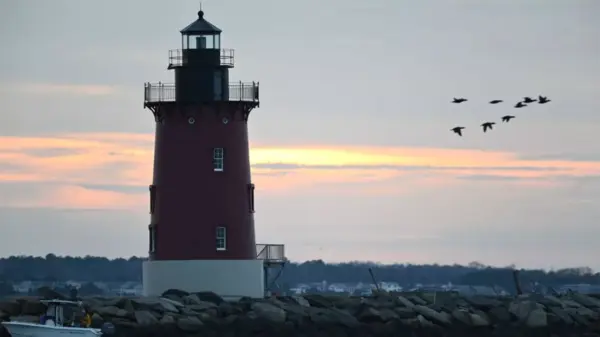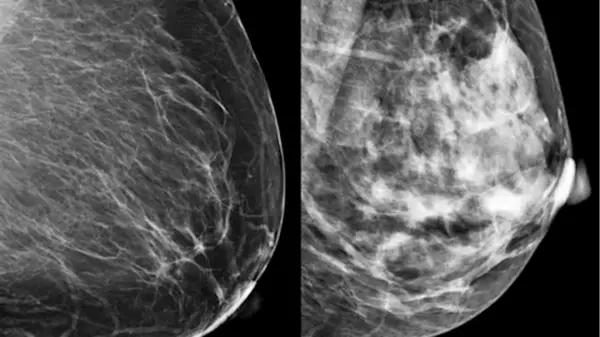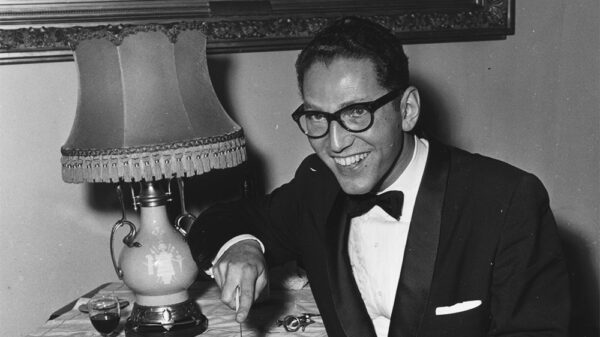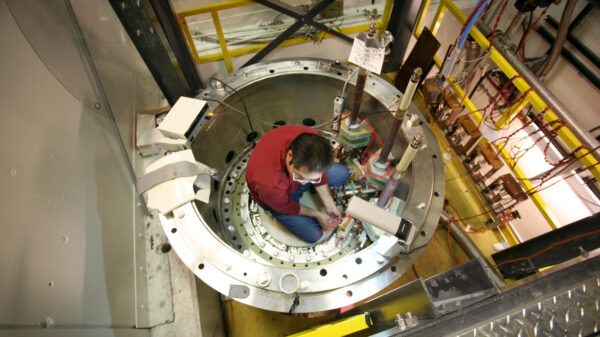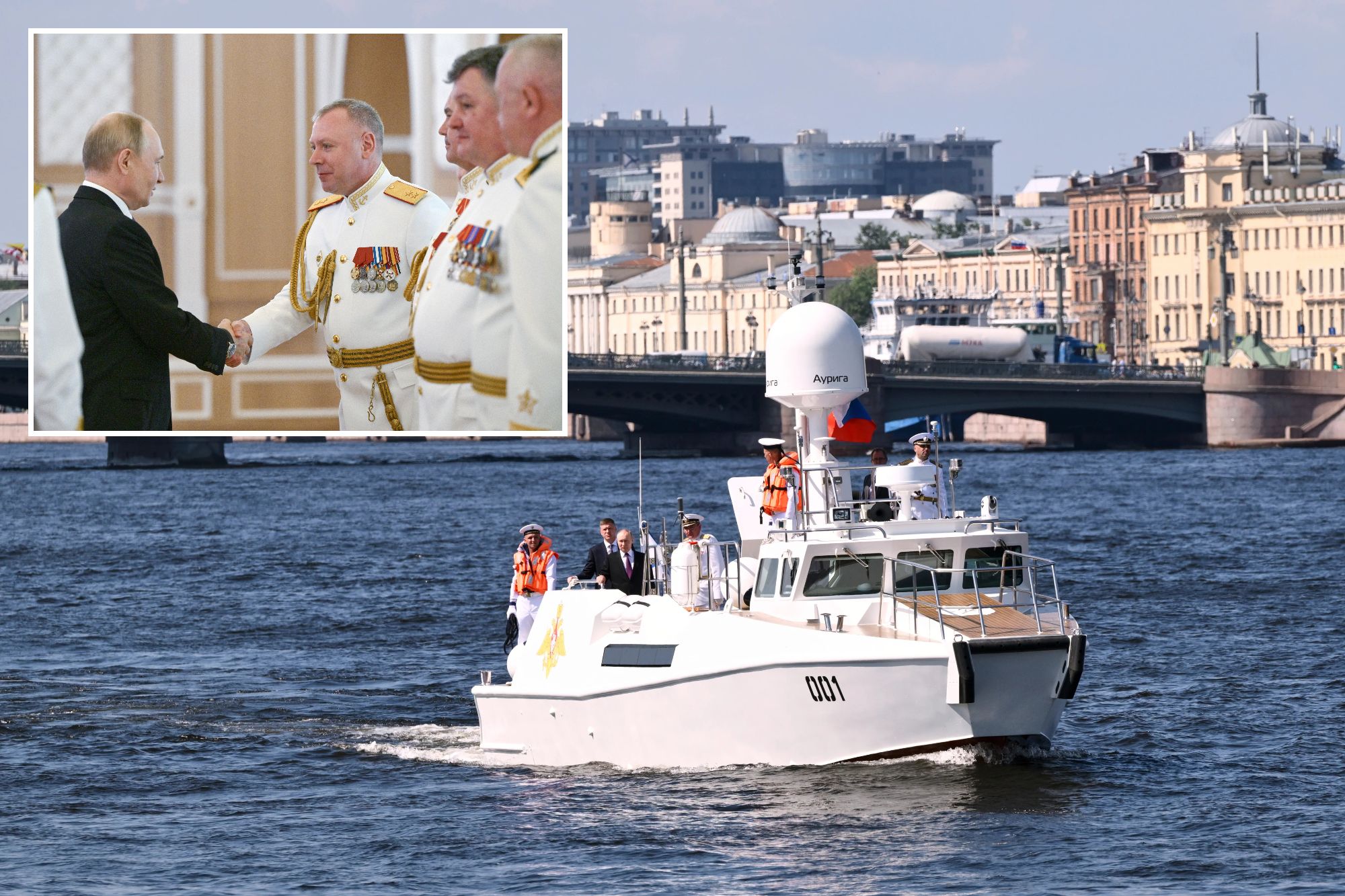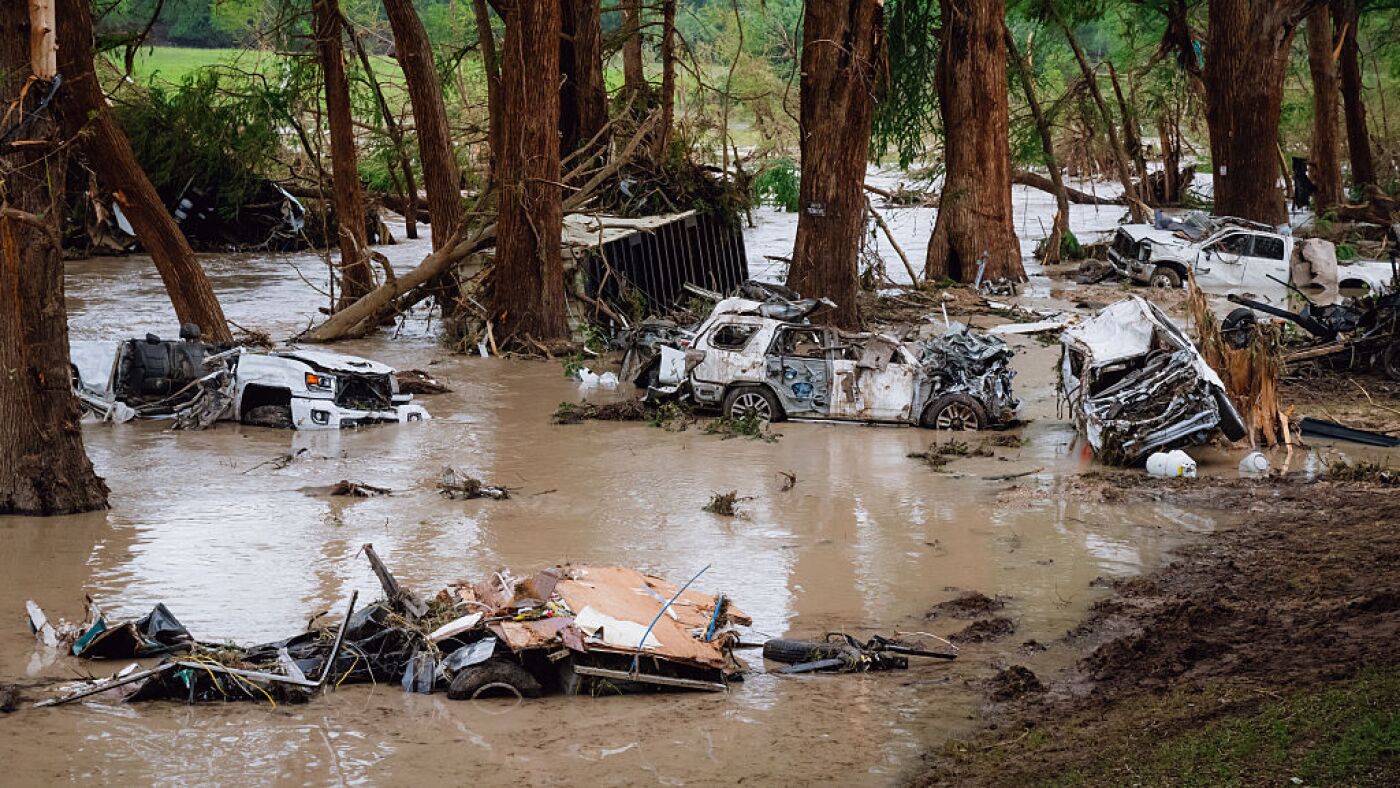Ukrainian drones targeted St. Petersburg on July 30, 2023, disrupting the city as Russian President Vladimir Putin celebrated Russia’s Navy Day. The attacks led to a temporary closure of Pulkovo Airport for five hours, resulting in significant flight delays and diversions. This year’s naval parade, a traditional event featuring a flotilla of warships sailing down the Neva River, was cancelled due to security concerns.
The decision to cancel the parade followed heightened fears after last year’s events, when Russian authorities suspected a Ukrainian plot to attack the celebration. Kremlin spokesman Dmitry Peskov confirmed the cancellation, which had been anticipated since early July.
Despite the cancellation of the parade, Putin arrived at the historic naval headquarters in St. Petersburg via patrol speedboat. He monitored military drills involving more than 150 vessels and 15,000 personnel across the Pacific, Arctic, Baltic, and Caspian seas. In a video address, Putin stated, “Today we are marking this holiday in a working setting, we are inspecting the combat readiness of the fleet.”
According to the Russian Defence Ministry, air defense units successfully downed a total of 291 Ukrainian drones on that day. This figure was notably lower than the record 524 drones intercepted during attacks on May 7, just ahead of Russia’s Victory Day celebrations. Governor of the Leningrad region, Alexander Drozdenko, reported that over ten drones were intercepted in the vicinity of St. Petersburg, with falling debris causing injuries to one woman.
The drone attack significantly impacted air travel; Pulkovo Airport reported 57 delayed flights and 22 diversions to alternate airports. Operations resumed later in the day, but disruptions persisted. A Russian blogger, Alexander Yunashev, traveling with Peskov, noted that their flight from Moscow to St. Petersburg experienced a two-hour delay due to the drone activity.
As the situation in Ukraine remains tense, these events highlight the ongoing conflict’s impact on both military and civilian sectors. With security concerns at the forefront, the cancellation of the naval parade underscores a shift in how such traditional celebrations may be conducted in the future.



